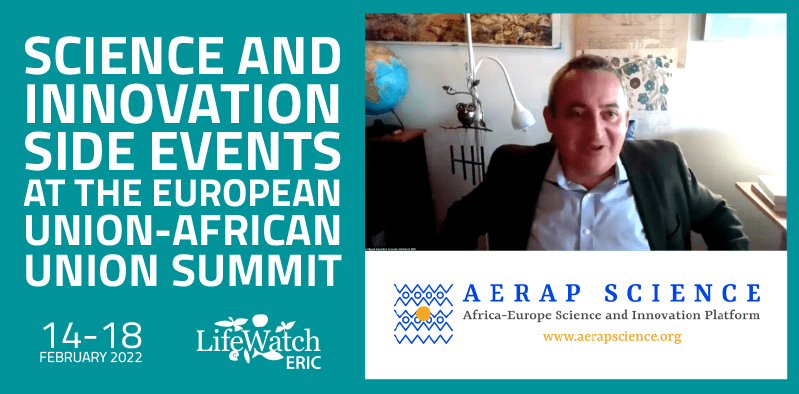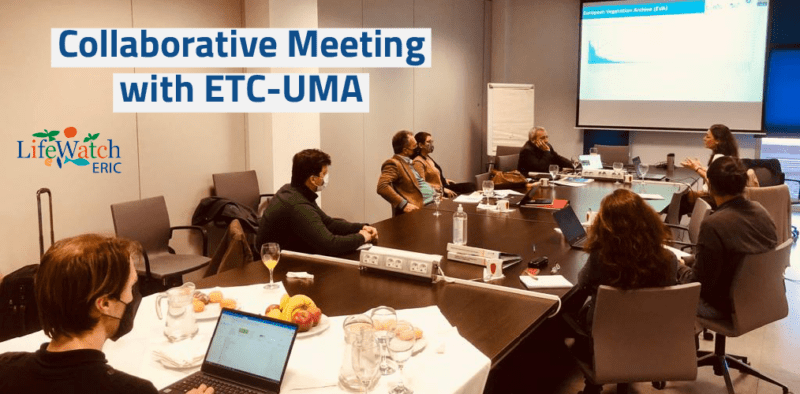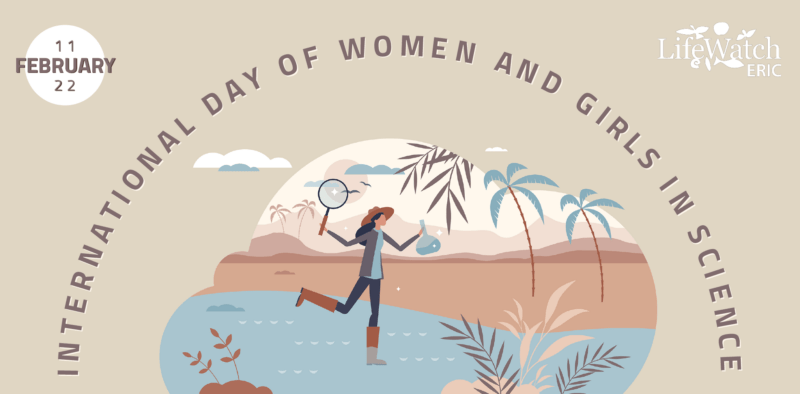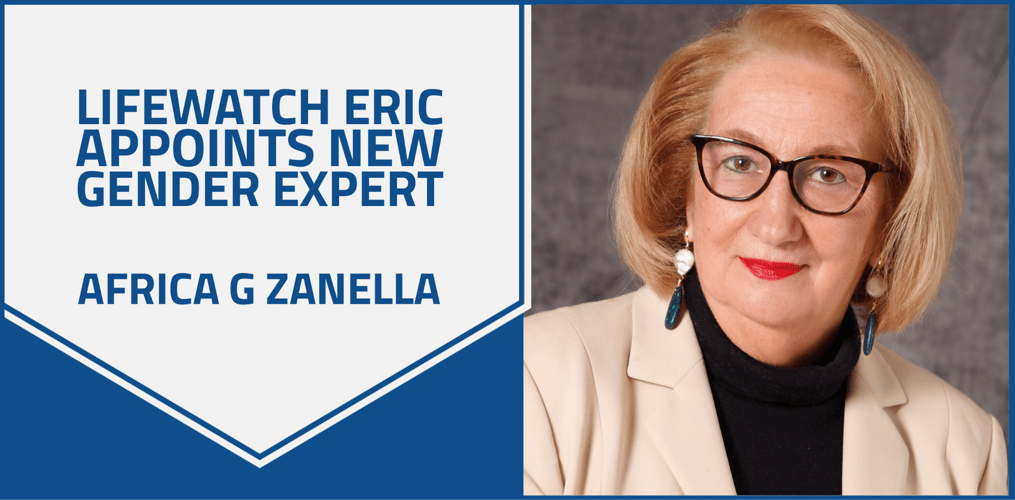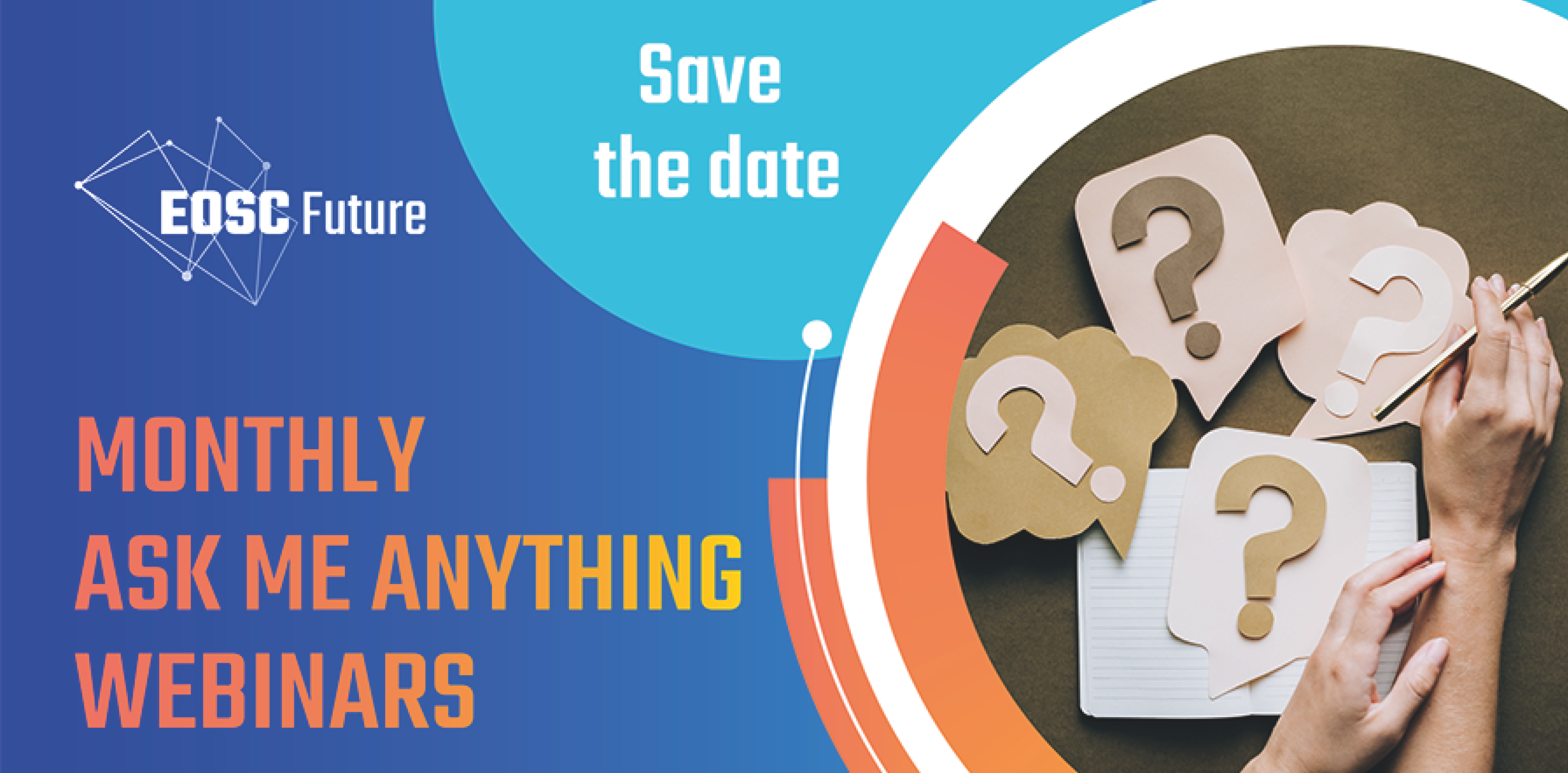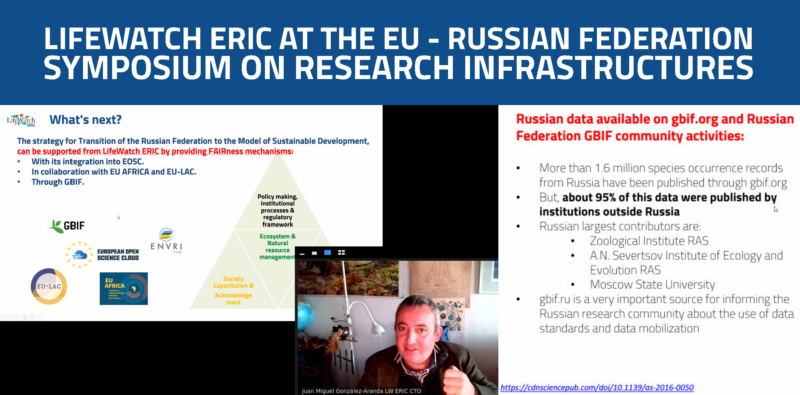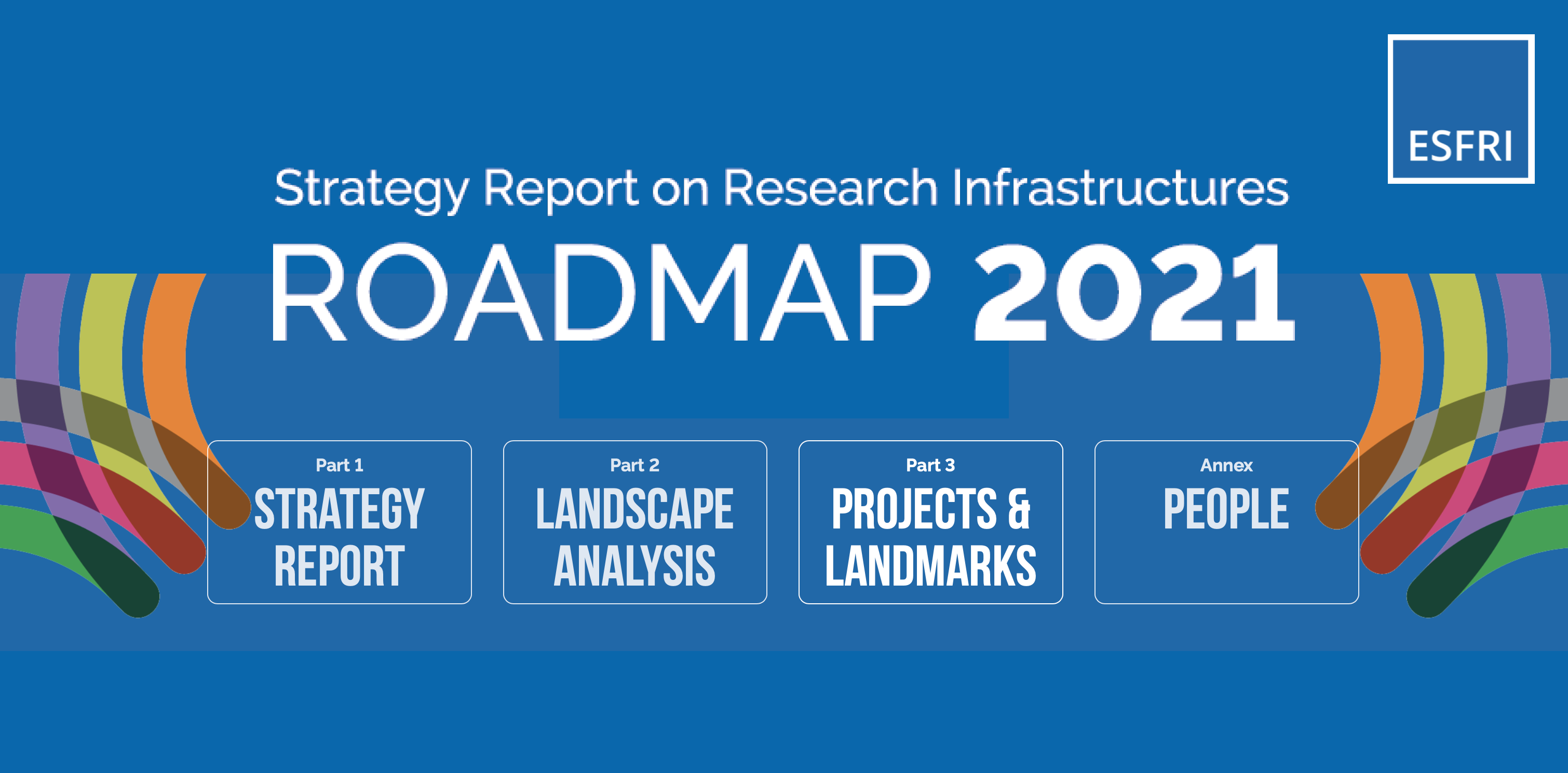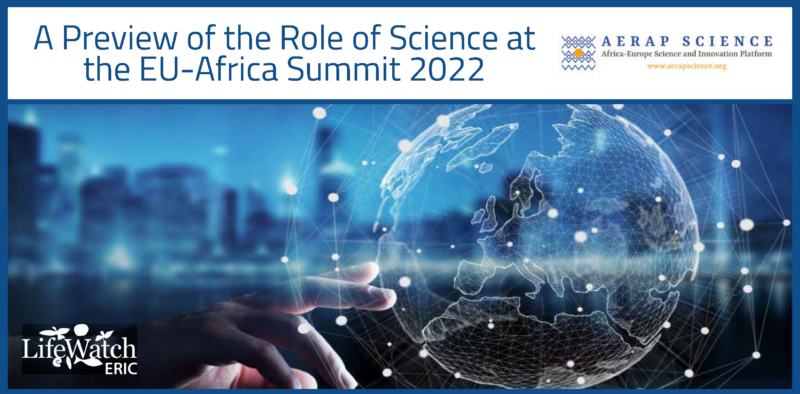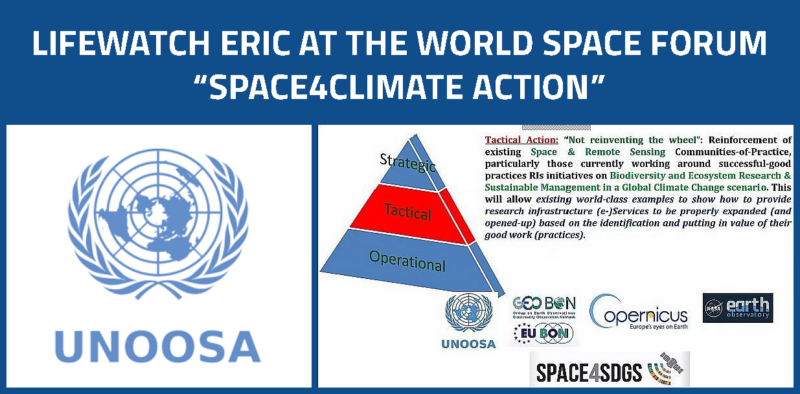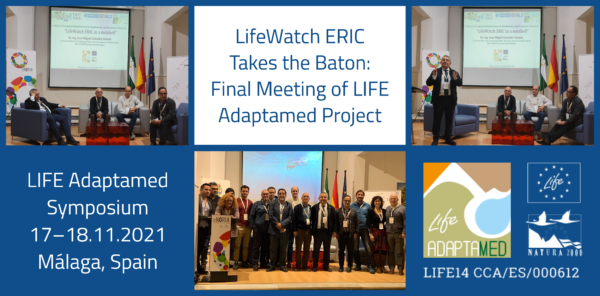Over the course of last week, LifeWatch ERIC participated in several interesting side events of the African Union – European Union Summit, organised by the AERAP Africa-Europe Science Collaboration Platform. The purpose of the Summit was to promote awareness of the contribution of collaborative research and development as a critical aspect of EU-Africa relations and collaborations, in particular in addressing global challenges together.
LifeWatch ERIC Chief Technology Officer, Juan Miguel González-Aranda, presented in two sessions on 15 February: “Making the Green Deal a Reality in the Tropical World” – convened by The Center for International Forestry Research (CIFOR) and World Agroforestry (ICRAF); along with “Green Medicines in Africa: Plant Molecular Pharming to fight the COVID-19 pandemic” – convened by Cape Biologix Technologies.
The first session was about finding what tools and insights are available to investors and policymakers who seek to make societies and business more sustainable and resilient, and how research can help bridge the gap between the accepting the challenge and implementing solutions. Dr González-Aranda spoke about understanding cutting-edge high tech and how it can enhance some of the oldest human technologies and agriculture, stepping up to the plate to manage the challenges of the Anthropocene, and how LifeWatch ERIC can support tropical ecosystems under the umbrella of the EU Green Deal.
The second session covered a drug to be developed by M4F to block SARS-CoV-2 infections. M4F’s first partnership to be signed is with Cape Bio Pharms, located in South Africa, and foresees mutual technology exchange for GMP production capacity building. This agreement was signed in the context of the EU-Africa Summit in February 2022. It should serve as a shining example to further develop the relations and exchange between Europe and Africa, in order to join forces fighting the COVID-19 pandemic. In his presentation, Dr González-Aranda brought attention to the ways LifeWatch ERIC supports knowledge enhancement of biodiversity and ecosystem services to provide green medicines.
